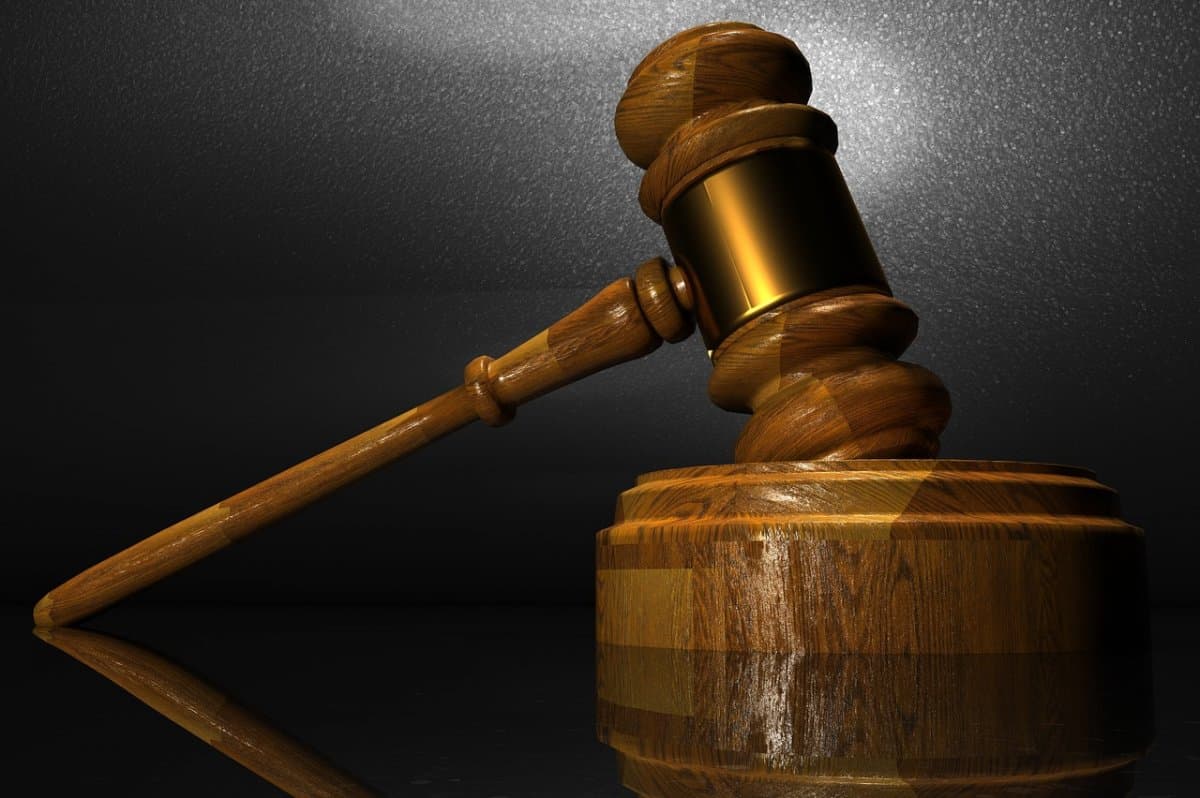
Major success : Elon Musk-owned social media platform X, formerly known as Twitter, has recently secured a significant legal victory by obtaining a ruling that allows it to pursue a preliminary injunction against California’s social media law. This decision marks a notable shift from a previous ruling by a lower court, which upheld the state’s regulations on social media companies. The legal challenges come at a time when X is facing scrutiny over its operational practices, particularly regarding a 2022 mass layoff that has drawn public attention.
Legal Background on X’s Injunction Request
The United States Court of Appeals for the Ninth Circuit has ruled that X can move forward with seeking a preliminary injunction against the California Social Media Anti-Hate Speech Law. This law mandates that social media platforms disclose their content moderation and anti-hate policies, a requirement that has sparked considerable debate among various stakeholders. Proponents of the law argue that it is essential for protecting users and ensuring accountability among social media companies. By mandating transparency, they believe the law will help combat online abuse and create a safer environment for users.
On the other hand, critics have raised concerns about the law’s constitutionality, suggesting that certain provisions may infringe on free speech rights. They argue that the law’s requirements could lead to censorship and may impose undue burdens on social media platforms, especially smaller companies that may lack the resources to comply with extensive disclosure requirements. This ongoing tension highlights the complex relationship between regulatory oversight and the operational freedoms of social media companies in the United States.
Implications for Social Media Companies
The Ninth Circuit’s ruling allows X to challenge the law’s provisions before they take effect, which could set a precedent for other social media companies facing similar regulations. As social media continues to evolve as a primary communication platform, the regulatory landscape surrounding it is also becoming increasingly complex. Companies like X, Facebook, and Instagram are often at the center of debates about freedom of speech, user protection, and corporate accountability.
The ruling by the Ninth Circuit may embolden other tech companies to push back against similar regulations in various states. If successful, it could lead to a reevaluation of how social media companies are governed and the extent to which states can impose regulations on these platforms. The outcome of this legal battle may significantly impact the future of content moderation policies and practices in the digital landscape.

Recent Challenges for X and major succes
In addition to the legal challenges posed by the California law, X is also navigating the aftermath of a recent case concerning mass layoffs that occurred in 2022. This has put additional pressure on the platform as it seeks to redefine its operational strategy under Elon Musk’s leadership. The layoffs sparked widespread criticism, and the company has faced scrutiny over its handling of employee relations and workplace culture.
Musk’s approach to managing X has been marked by controversial decisions and bold changes aimed at transforming the platform into a more profitable venture. However, these changes have not come without challenges, as the company grapples with balancing profitability and user engagement while addressing ongoing legal and regulatory pressures.
The Future of Social Media Regulation
As the case against California’s social media law unfolds, the broader implications for social media regulation in the United States remain uncertain. Lawmakers across the country are increasingly considering legislation aimed at addressing issues related to hate speech, misinformation, and user safety. However, the legal challenges posed by companies like X may slow down the pace of regulatory changes or reshape how these laws are implemented.
The legal environment surrounding social media is likely to remain contentious, with various stakeholders advocating for different approaches to governance. Advocacy groups pushing for stricter regulations will continue to highlight the need for accountability in the face of growing concerns about online abuse. At the same time, tech companies will argue for greater freedom to operate without excessive regulatory constraints.
Conclusion
Elon Musk’s X has achieved major success by successfully navigating a crucial legal hurdle with its recent ruling to seek a preliminary injunction against California’s social media law. This major success highlights the company’s strategic approach in addressing legal challenges while facing ongoing scrutiny from mass layoffs and regulatory pressures. As X continues to push forward, this major success in the legal arena will draw significant attention from industry observers who are keen to see how it influences future operations.
The ruling’s implications could lead to major success in reshaping social media regulations in the United States, potentially altering how platforms operate and how they are held accountable. This major success may also set a precedent for other social media companies facing similar regulatory hurdles, encouraging them to pursue legal action against state laws that they perceive as overreaching.
As the debate around freedom of speech and user protection intensifies, the major success of X in seeking this injunction could resonate beyond the immediate legal battle. The ongoing situation demands careful consideration from both regulators and social media companies, as the outcome may redefine the landscape for content moderation and corporate responsibility in the digital space.
In conclusion, the major success of Elon Musk’s X in obtaining this ruling positions the company as a key player in the evolving conversation about social media governance. By successfully challenging California’s law, X sets the stage for future discussions on regulatory frameworks, freedom of speech, and user protection. As the legal proceedings unfold, the major success of this injunction will undoubtedly shape the future of social media regulation in profound ways.


